The best phone displays in 2025

What constitutes a great phone display? Is it the high resolution and pixel density? These days, it seems that most phones have that figured out with crisp detail on most phones out there.
So is it about the high brightness and contrast that offer good outdoor visibility in the sun outdoors? That is certainly a competitive area as each year we are getting slightly brighter displays.
But then we have other considerations like color accuracy and calibration. Throw in dynamically-adjusted refresh rate based on the content displayed in the mix, and now, you've narrowed it down to only the best choices. We have rounded them right below.
Smartphones with the best quality displays:
- Samsung Galaxy S25 Ultra — industry leading anti-reflective coating and excellent colors
- iPhone 16 Pro Max — great color accuracy
- Google Pixel 9 Pro XL — the brightest screen we have tested so far
- OnePlus 13 — great quality display on a less expensive flagship
Flagship display quality comparison:
Samsung Galaxy S25 Ultra
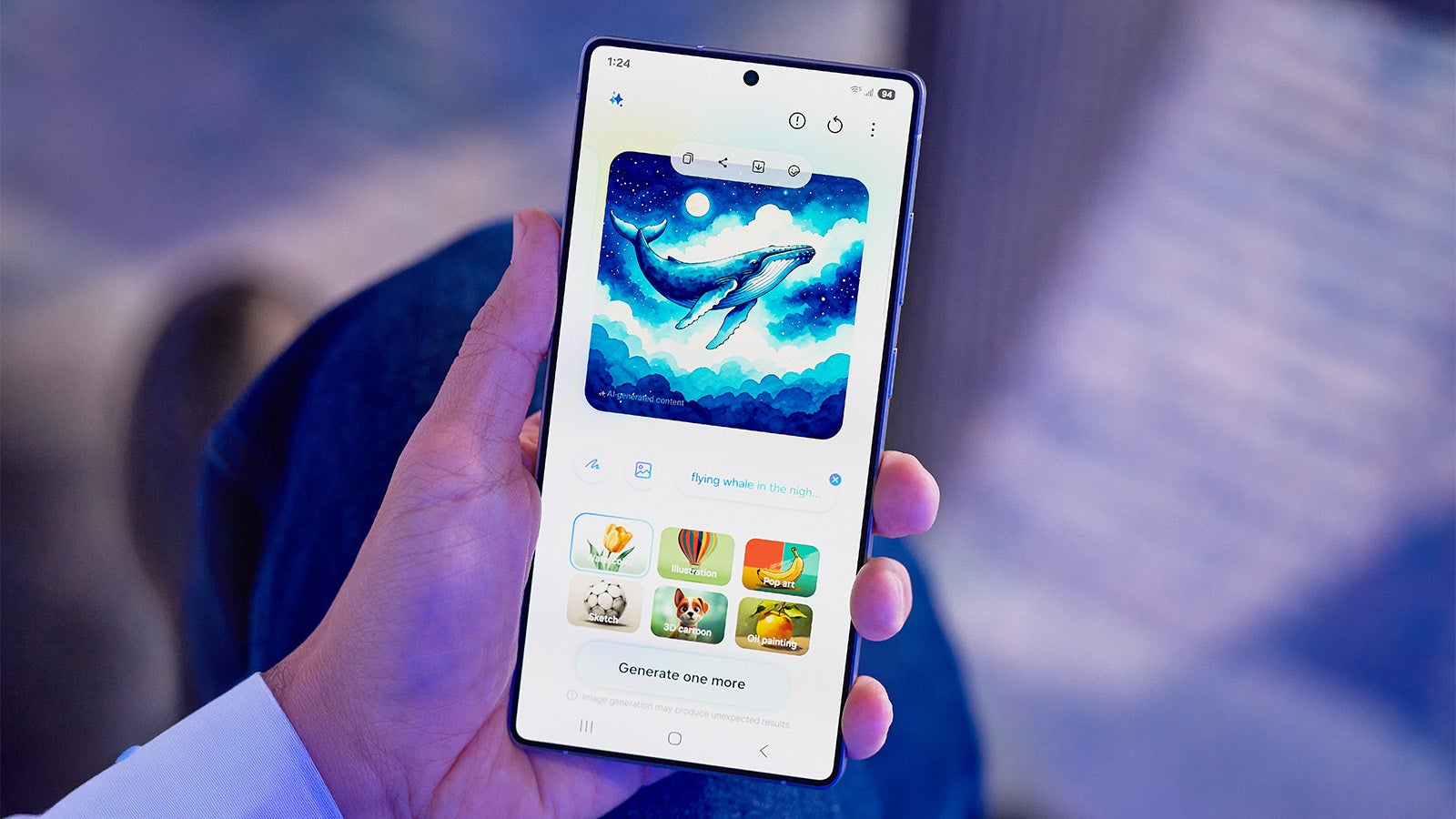
- 6.9-inch Dynamic AMOLED 2X displaya
- 1Hz-120Hz dynamic refresh rate
- Resolution: 1440p
- Pixel density: 498 ppi
- Protection: Gorilla Glass Armor 2 (Anti-glare treatment for amazing outdoor visibility)
- Active digitizer with S Pen stylus support
While the Galaxy S25 Ultra is not the "brightest" screen we have tested (the Pixel 9 Pro XL beats it for once), it is the only phone with Gorilla Armor 2, a clever anti-reflective screen coating that easily makes it the best phone to use outdoors.
The rest is all "standard" high-quality flagship screen stuff: 1440p resolution for a crisp 498 ppi pixel density, and dynamic 1Hz-120Hz refresh rate for smooth scrolling.
We also appreciate how Samsung thinned down the bezels a bit, giving users a slightly larger 6.9-inch display size than on the previous model.
Also read:
iPhone 16 Pro Max
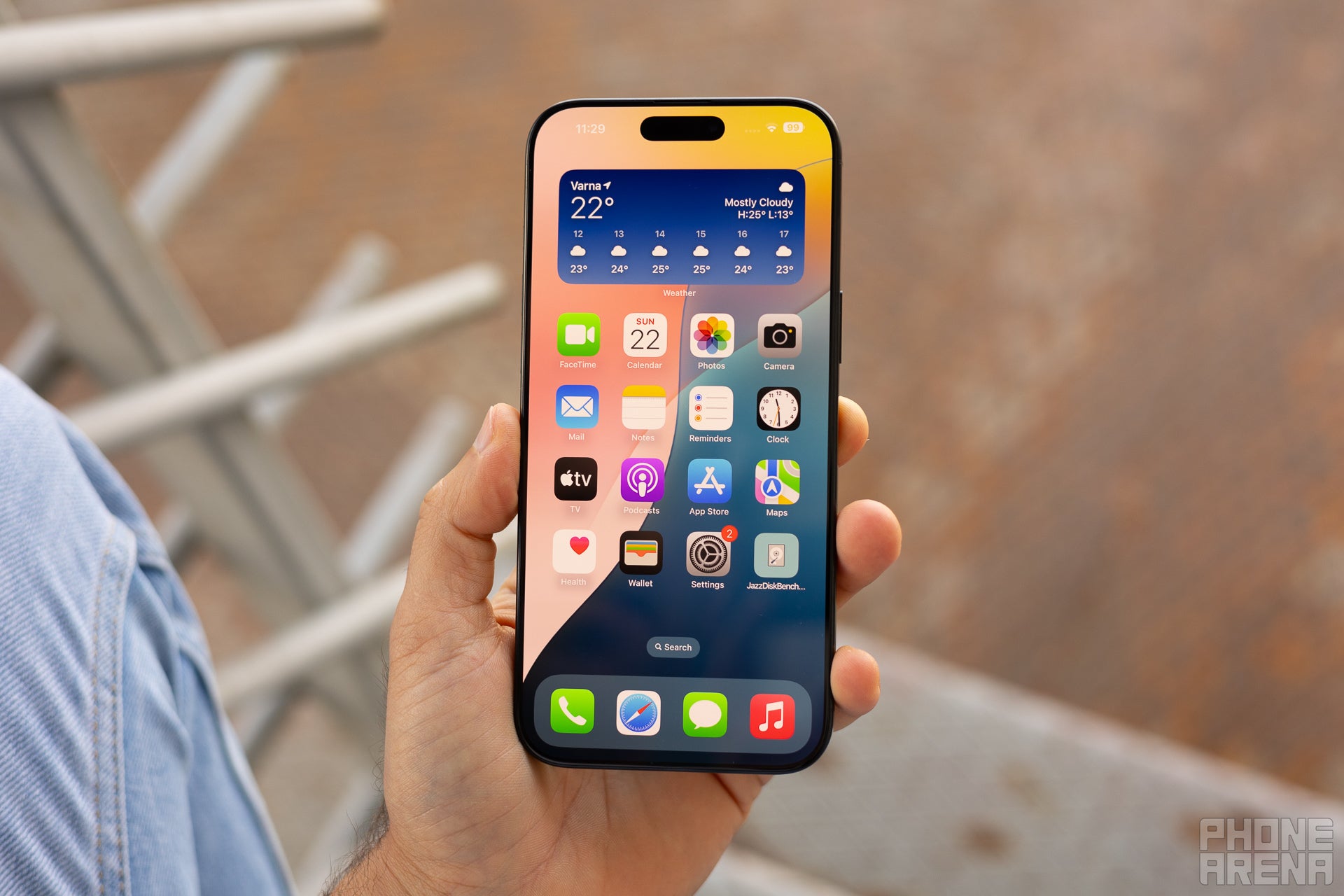
- 6.9-inch OLED display
- Super Retina XDR display with ProMotion technology (adaptive refresh rates up to 120Hz)
- Resolution: 1320p
- Pixel density: 460 ppi
- Protection: Ceramic Shield (better protection against drops)
The iPhone 16 Pro Max display is similar in quality to the previous generation, but that doesn't make it any less impressive. We only wish it had the anti-reflective treatment of the Galaxy Ultra!
The one key improvement in the 16 series is that this newer display can go down to a minimum brightness of 1 nit, which helps tremendously with bedtime use. Previous iPhones could only drop to around 2 nits, and while that might sound like a small difference, it is a noticeable one.
Otherwise, you have excellent color accuracy and crispy clear detail, just as you would expect.
Pixel 9 Pro XL
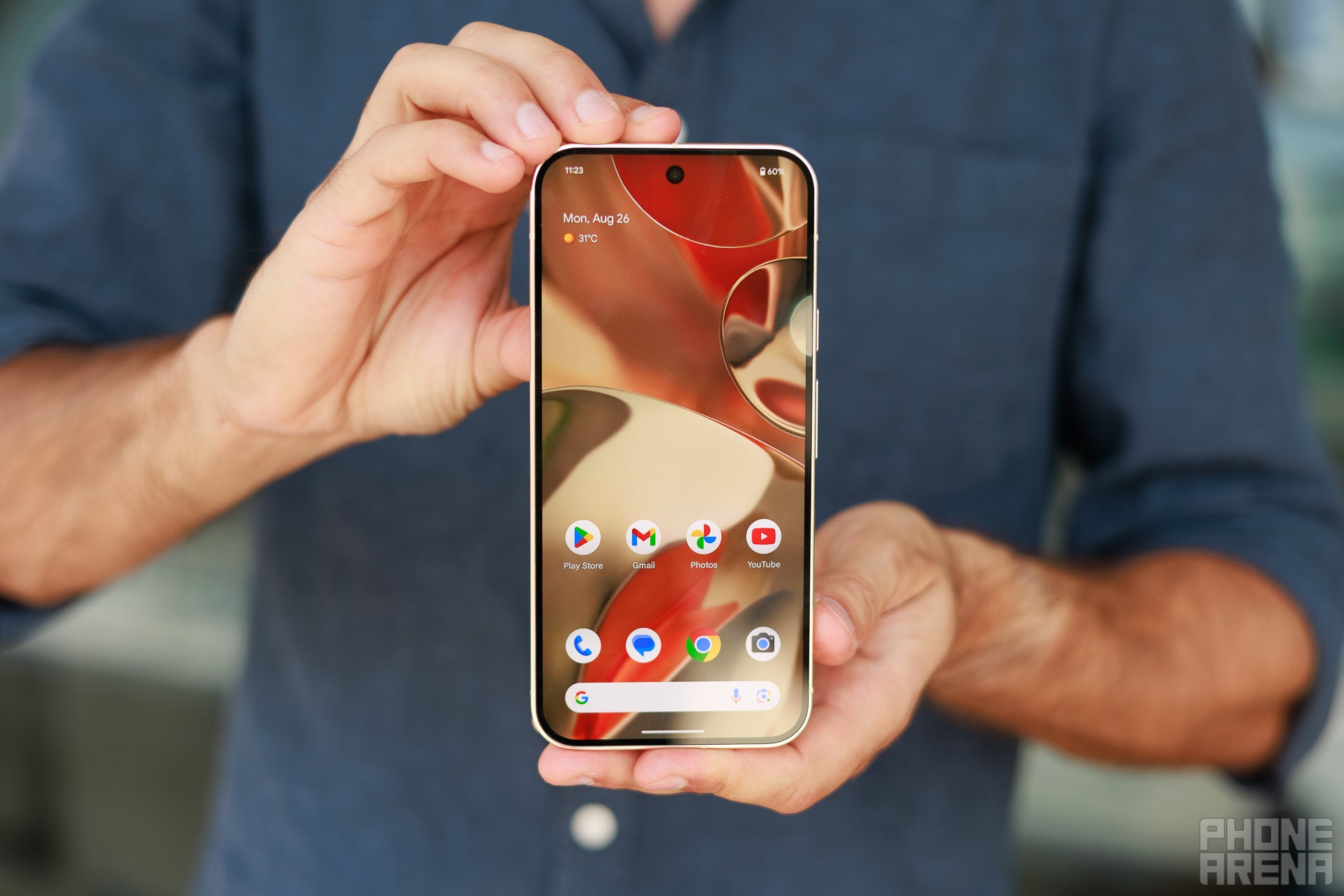
- Size: 6.8 inches
- LTPO OLED with 120Hz adaptive refresh rate and HDR10+
- Resolution: 1344p
- Pixel Density: 486 ppi
- Aspect Ratio: 20:9
- Protection: Corning Gorilla Glass Victus 2
The new Pixel flagship phone has a much improved quality compared to previous generations.
On a 20% white window, we measured brightness reaches nearly 2,700 nits (the official rating is 3,000 nits), the brightest on any phone we have tested so far. You don't get Samsung's excellent anti-reflective coating, but that boost in brightness certainly helps with outdoor viewing.
As with many phones, screen panels are sourced from multiple companies, so there might be some slight differences between units. For the Pixel 9, it's either a Samsung display or one made by BOE.
OnePlus 13
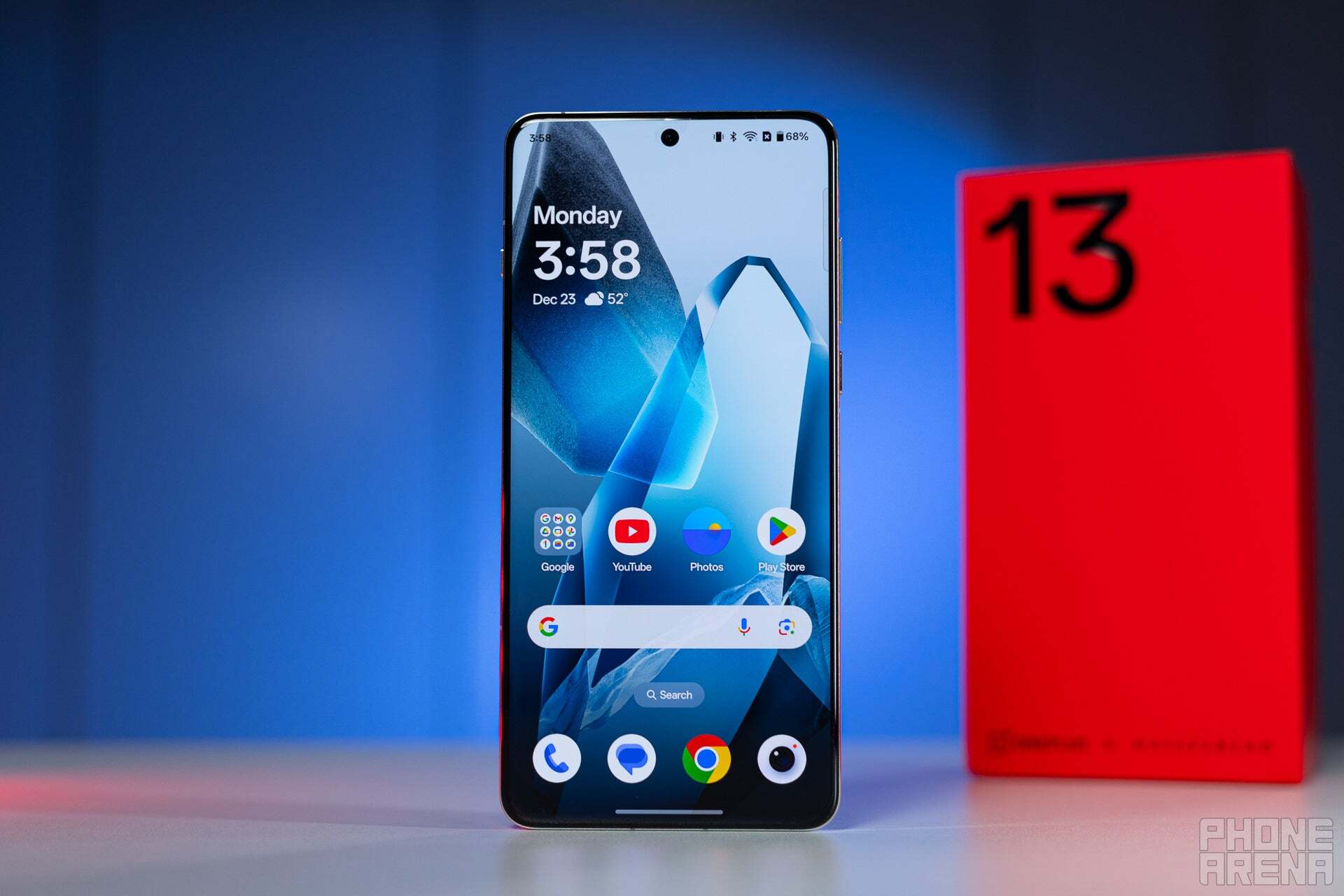
- Size: 6.8-inch
- Resolution: 1440p
- Pixel Density: 510 ppi
- Aspect Ratio: 19.8:9
- Refresh Rate: Adaptive 1-120Hz
- Protection: Corning Gorilla Glass Victus 2
- Other features: 2160Hz PWM dimming for reduced eye strain
The OnePlus 13 delivers excellent display quality at a much lower price than other flagships.
It gets plenty bright, reaching levels similar to that of other flagships, and it uses high-frequency PWM dimming, so users who might have more sensitive eyes, will feel more comfortable using this screen.
Follow us on Google News
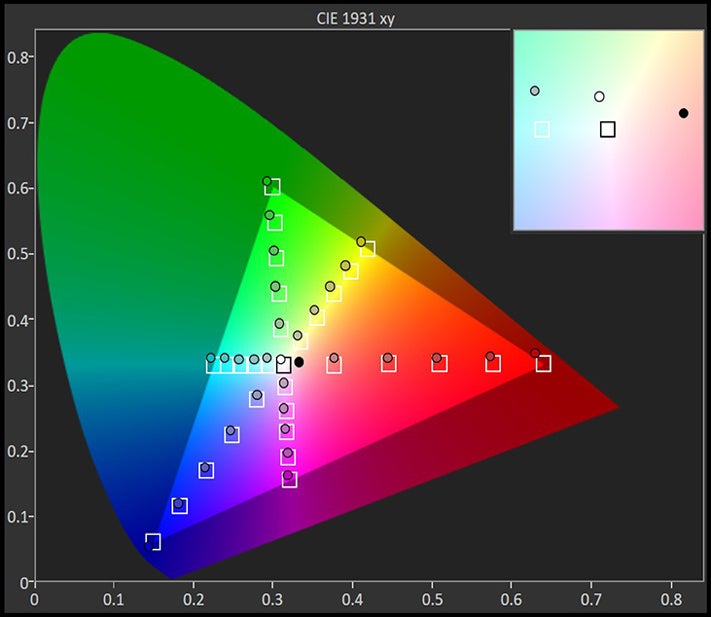
















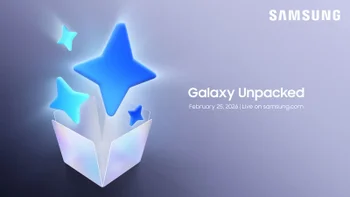






Things that are NOT allowed:
To help keep our community safe and free from spam, we apply temporary limits to newly created accounts: